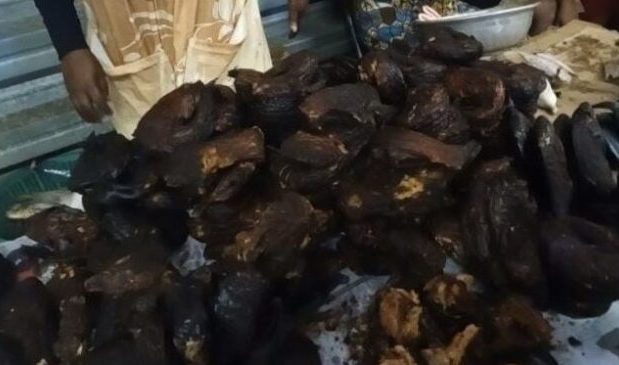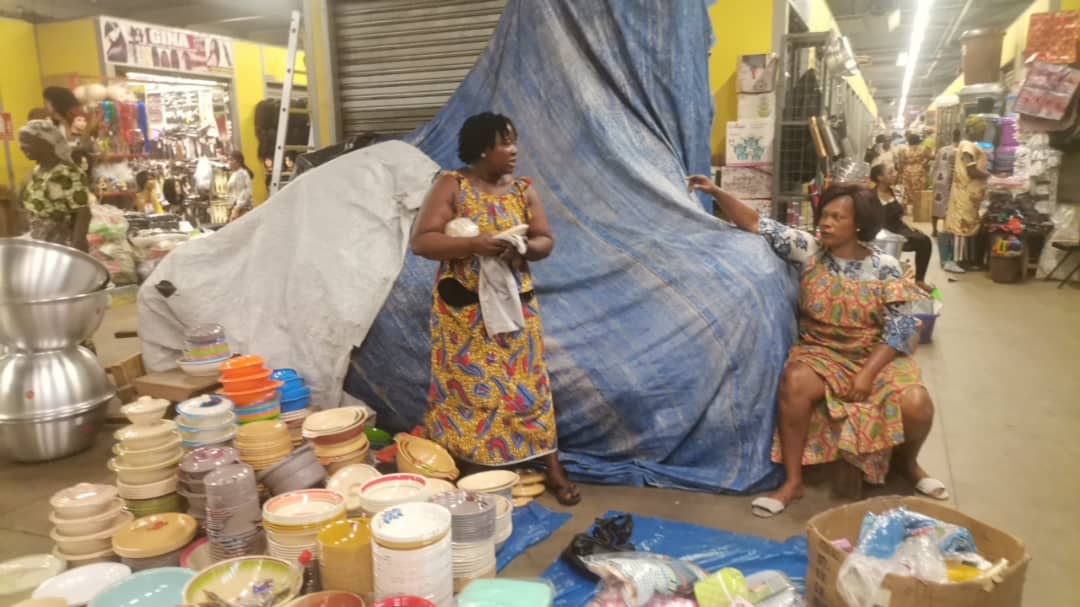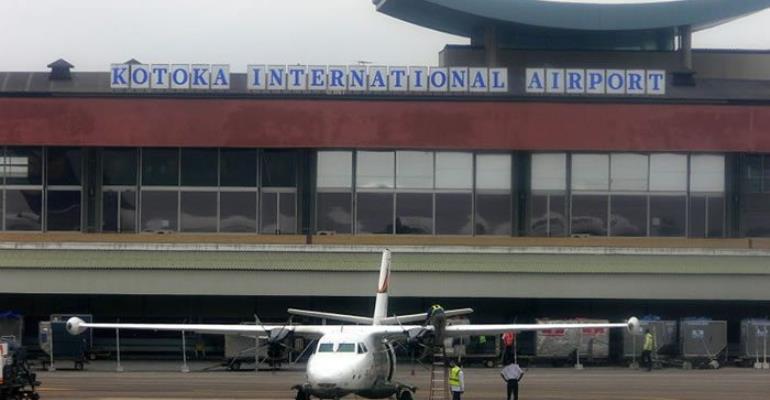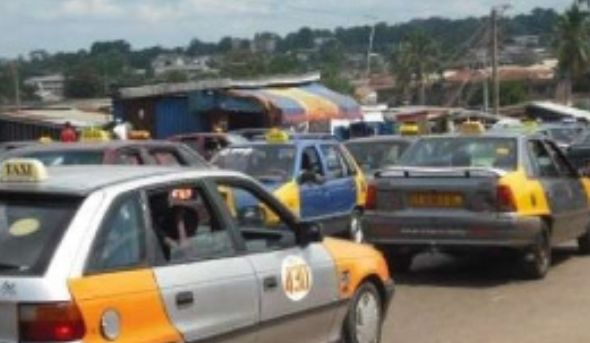Cut back or spend more – Meat, fish prices shoot up in Kumasi

The regular population of meat and fish on the average Ashanti man’s fufu is either reducing in numbers or costing him more to sustain because the prices of these sources of protein and if you like, signs of good living; have shot through the roof.
Prices of fish, beef, mutton, and chicken have skyrocketed as traders blame the depreciating cedi and fuel prices for the huge increase.
The buyers are usually the ones to complain the most. But at the Kejetia Market the sellers are rather crying for their customers.
At the cluster of tables in the meat section, a butcher indicated that ten cedis which used to buy a decent portion of meat does nothing today.
You cannot buy meat with 5 cedis. Goat – 1 pound is 25 cedis I can only help you with half pound the butcher retorted.
Meat offals, cow legs, kotodwe, bones, fillet, etc. go for different prices per pound.
Buying the cow or sheep whole does not also come easy. You will have to cough up some thousands to get a well-fed animal for slaughter.
The butchers complained the cedi has depreciated against the CFA making it more expensive to buy animals usually brought in from neighboring francophone countries.
“We have to change from cedis to the CFA before we can buy from Burkina because Ghana does not have enough cattle to cater to our meat demands. Chicken might be the next cheaper option. But the prices of frozen chicken has also spiked in folds.
We used to buy a box of chicken for 40 cedis. Today, the cheapest is 230 we are buying some for 700 cedis. Why?” she queried in anger.
The story is no different at the fish market where excluding the newly increased electricity tariffs on cold store charges; meat which should have costed some five cedis last year now hovers around fifty cedis.
Another trader corroborated the last computation of July food inflation which saw ‘Amane’ top the chat of price increases.
Some of the traders told Ultimate News, they have to now go for bank loans to restock for sale.
“My working capital was 600 cedis. Today I have to go to the bank to top up before I can buy fish. This is just a tabletop and not a store,” a worried fish trader bemoaned.
It’s interesting to note that the price could be much higher elsewhere in the Ashanti Region because the Kejetia Market sells at wholesale prices.
CLICK HERE TO DOWNLOAD PRESS RADIO MOBIL APP

This should give you a vivid explanation of why your meat has either shrunk in size or doubled in price for the same amount.
Source: Ivan Heathcote – Fumador





